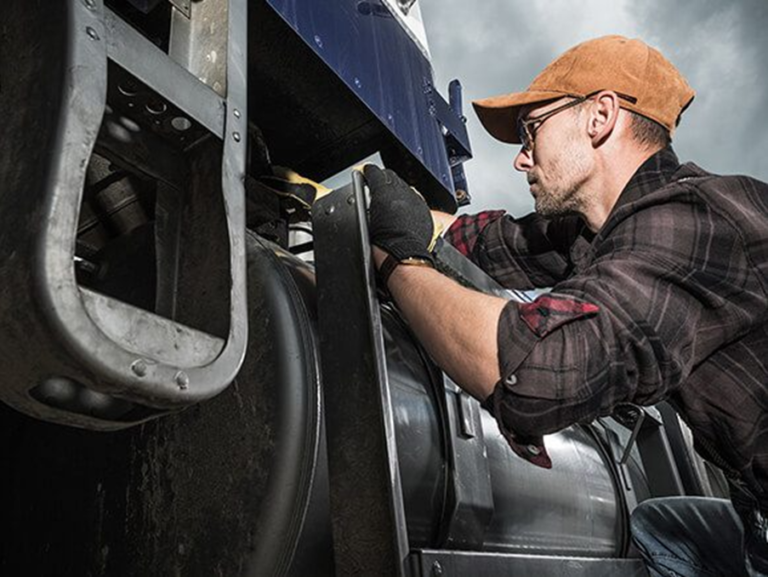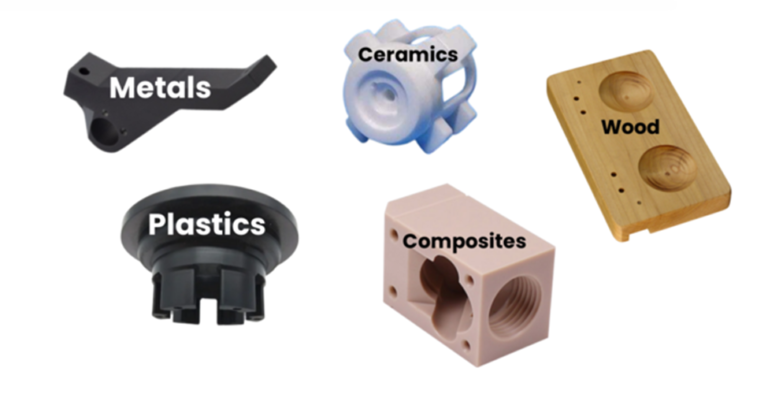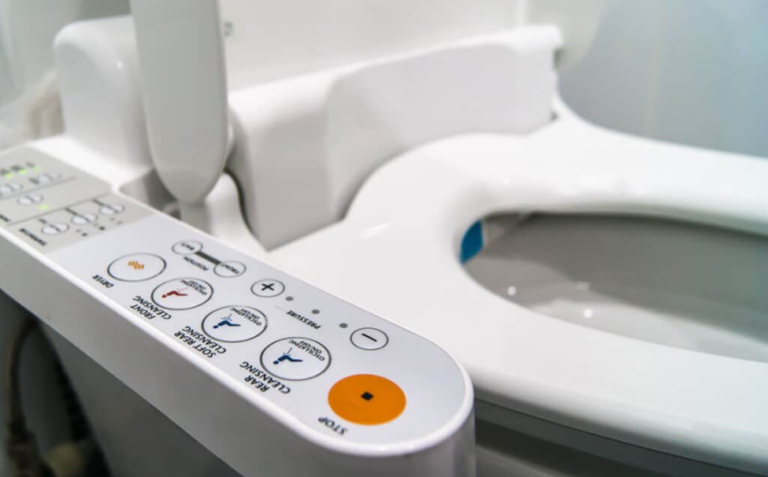How Do Mini-Excavators Compare to Their Full-Sized Counterparts?
Excavators come in many sizes, each with different capabilities. Mini-excavators and full-sized models both serve important roles. Choosing between them depends on the specific job. Here’s a comparison to help you decide.

1. Size and Maneuverability
Mini excavators are significantly smaller than full-size machines. They normally weigh less than ten tons. Their small frame makes them extremely versatile. Mini excavators can access tight locations that larger machines cannot. Full-size models, on the other hand, are ideal for larger, more open areas. Their bulk restricts movement in tight spaces.
2. Transportation and Storage
Mini excavators are easier to transport and less expensive. They may be transported on smaller trailers and kept in more compact areas. Full-size excavators require larger trucks for transportation. Full-sized models also require extra storage space. This increases the costs of both transportation and storage.
3. Power and Performance
Full-sized excavators have substantially greater power than mini-excavators. Their engines have better horsepower and torque. This makes them perfect for heavy-duty applications. Mini-excavators, on the other hand, produce less power. They are ideal for light digging, trenching, and modest construction jobs.
4. Job-Specific Use
Mini excavators are suited for smaller operations, such as gardening. They excel at activities that require precision in limited places. Large-scale projects benefit from full-sized excavators. These include foundations, road construction, and mining. Their power and reach enable faster work on large projects.
5. Fuel Efficiency
Mini-excavators are more fuel-efficient than full-sized models. Their smaller engines consume less fuel, lowering operating costs. Full-sized excavators burn more fuel due to their larger engines. Over time, fuel costs can add up, especially on long projects.
6. Maintenance and Repairs
Maintenance for mini-excavators is generally easier and cheaper. Their smaller engines and components are easier to access. Full-sized models have more complex systems, making repairs harder. The larger parts and systems increase both time and cost for maintenance.
7. Versatility of Attachments
Both micro and full-sized excavators can use a variety of accessories. These include augers, buckets, and hydraulic hammers. Full-sized models typically have more powerful attachments. However, mini-excavators can use attachments specialized for lesser jobs. Their adaptability makes them appropriate for a variety of tasks.
8. Operator Comfort and Safety
Full-sized excavators typically include larger, more luxurious cabins. They provide improved visibility and advanced safety features. Even though mini-excavators are smaller, they nonetheless have important safety measures. The operator’s ease, however, may be reduced in a mini-excavator due to small size.
9. Cost of Purchase and Rental
Mini-excavators are less expensive to buy or rent than full-sized models. Their lower cost makes them ideal for smaller companies or short-term projects. Full-sized excavators are a larger investment. However, they may be necessary for companies handling heavy-duty jobs.
10. Environmental Impact
Mini-excavators typically have a reduced carbon footprint. They have lower pollutants and consume less gasoline. Full-sized versions, with larger engines, have a higher ecological impact. Selecting a mini-excavator can be a more environmentally friendly solution.
11. Digging Depth and Reach
Full-sized excavators have significantly larger digging depth. They are capable of going deeper and further than mini-excavators. Full-sized models are best suited to jobs that need deep ditches or long reach. Mini excavators, on the other hand, are ideal for deep excavation in small spaces.
12. Job Site Access
Mini-excavators can fit through narrow gates, alleys, and doorways. Their small size allows access to areas full-sized models cannot reach. This makes them ideal for urban environments or residential areas. Full-sized excavators need large, open spaces to operate efficiently.
13. Speed of Work
Full-sized excavators are capable of doing larger work faster. Their strong engines and larger buckets can transport more stuff in less time. Mini-excavators are slower, but more accurate in minor tasks. When accuracy is needed, speed becomes less crucial.
14. Ground Pressure and Damage
Mini-excavators exert less ground pressure than full-sized models. This reduces the chance of damaging lawns, sidewalks, or sensitive areas. Full-sized models, with their weight, can cause more ground damage. For delicate work environments, a mini-excavator is the better choice.
15. Skill Level Required
A mini-excavator is often easier to operate than a full-size excavator. Their tiny size and flexibility allow them to be easier to operate. Full-sized excavators demand additional expertise and training. Their advanced controls and power necessitate competent operators.
16. Noise Levels
Mini-excavators tend to make less noise than full-sized versions. This makes them appropriate for regions with noise limitations, such as residential districts. Full-sized excavators are significantly noisy and less suitable for quiet environments.
17. Worksite Impact
Mini-excavators cause less disruption to the surrounding area. They have a smaller footprint, both physically and in terms of noise. Full-sized models may disrupt nearby areas more, especially in urban settings.
18. Efficiency in Small-Scale Projects
Mini-excavators are frequently more effective while working on minor projects. Because of their small stature, they can finish duties more quickly. Large excavators may be impractical for minor operations. They can require longer to set up and operate in small places.
19. Customization Options
Both mini and full-size excavators have customizing options. You can customize attachments, tracks, and cabin features to meet your specific requirements. Full-sized models typically include more advanced features. However, mini-excavators still offer a variety of options for certain applications.
20. Long-Term Investment
Full-sized excavators are a better long-term investment for major businesses. They handle larger works and can be used on several projects. Mini excavators, while handy, may not provide the same long-term value. Companies should think about their job kinds before spending.
21. Learning Curve
The learning curve for mini-excavators is less steep. New operators can learn quickly and operate with confidence. Full-sized excavators take more time to master due to their complexity.
Your needs will determine whether you choose a mini or full-sized excavator. Mini-excavators excelled at little, precise operations while remaining economical. Full-sized models provide greater power, reach, and speed for larger tasks. Each kind has advantages, and recognizing them assures you make the best pick for the job.
FAQ’s
What is the main difference between mini-excavators and full-sized models?
Are mini-excavators less powerful than full-sized excavators?
Which excavator is better for small spaces?
Do mini-excavators cost less to operate?
Can both types of excavators use attachments?






